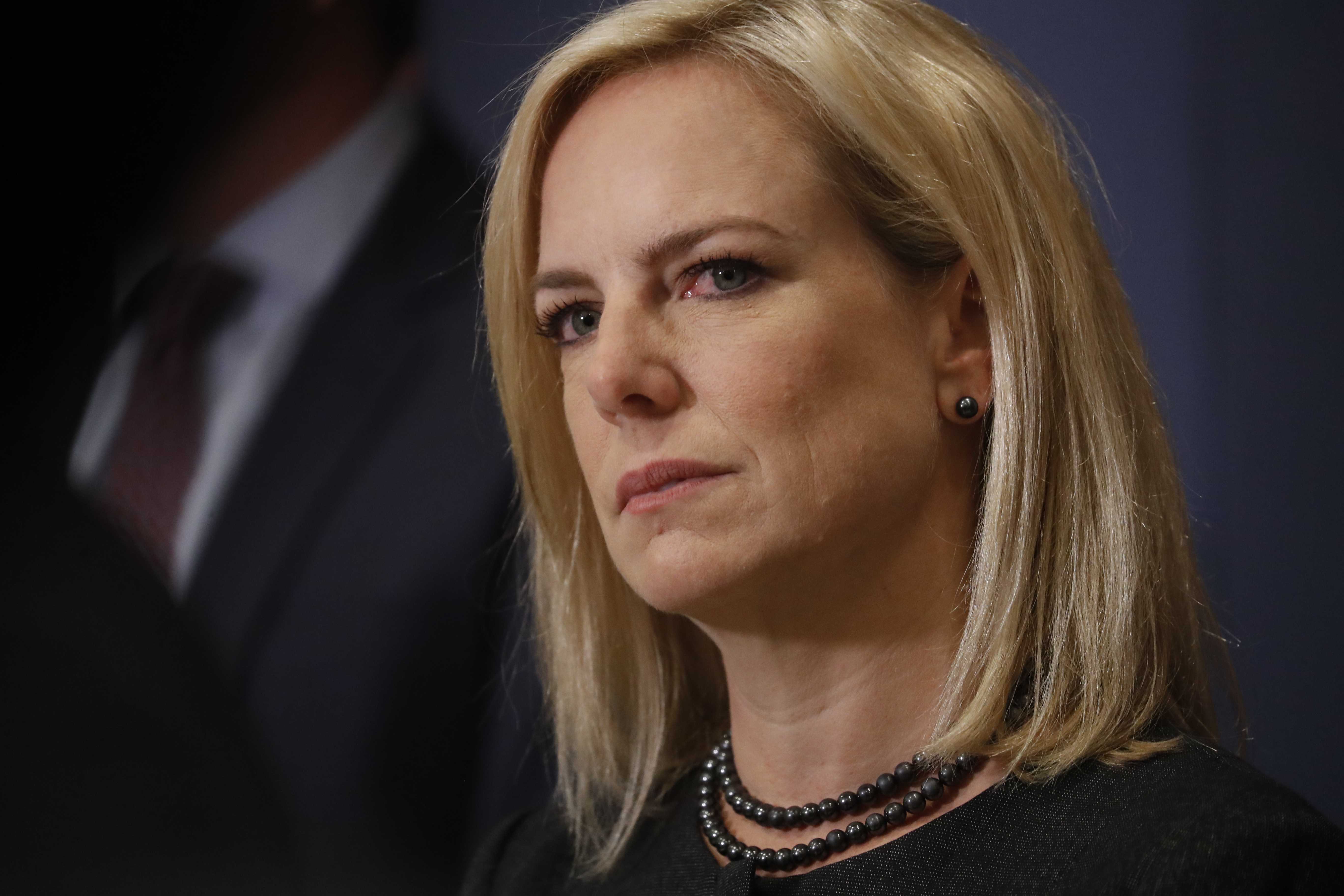
WASHINGTON (Reuters) – The U.S. House of Representatives on Tuesday failed again to pass a $19.1 billion disaster aid bill supported by President Donald Trump after a Republican lawmaker objected to the measure.
Following Senate passage of the legislation last Thursday by a vote of 85-8, House Democratic leaders had hoped to win quick, unanimous approval of the bill on a voice vote and send it to Trump for his expected signature.
But with most lawmakers out of town for a recess until June 4, individual House Republicans have been able to block passage twice – once last Friday and again on Tuesday – by demanding an official roll call vote. Any roll call vote would have to wait until the full House returns to work next week.
For months, lawmakers have been haggling over the disaster aid bill in response to hurricanes in the southeastern United States, severe flooding in the Midwest, devastating wildfires in California and other events.
The $19.1 billion in the bill is intended to help farmers cover their crop losses and rebuild infrastructure hit by disasters, including repairs to U.S. military bases.
On Tuesday conservative Republican Representative Thomas Massie objected to passage, saying, “The speaker of this House should have called a vote on this bill before sending every member of Congress on recess for 10 days and I object.”
On Friday, Representative Chip Roy, a first-term Republican, objected to the bill, citing concerns that the legislation did not include $4.5 billion Trump had requested to deal with a surge of Central American immigrants on the southwestern border.
Roy, a conservative, also complained that the cost of the bill was not offset by savings to other government programs. His move was praised by Heritage Action, the advocacy arm of the conservative Heritage Foundation, which says Congress should plan for disasters that occur every year instead of approving “emergency” funds for them after the fact.
Congress regularly approves disaster aid bills without any cuts to other programs. The measure is widely expected to pass the House once members return next week from a week-long Memorial Day recess.
(Reporting by Susan Cornwell and Richard Cowan; editing by Tim Ahmann and Chizu Nomiyama)












